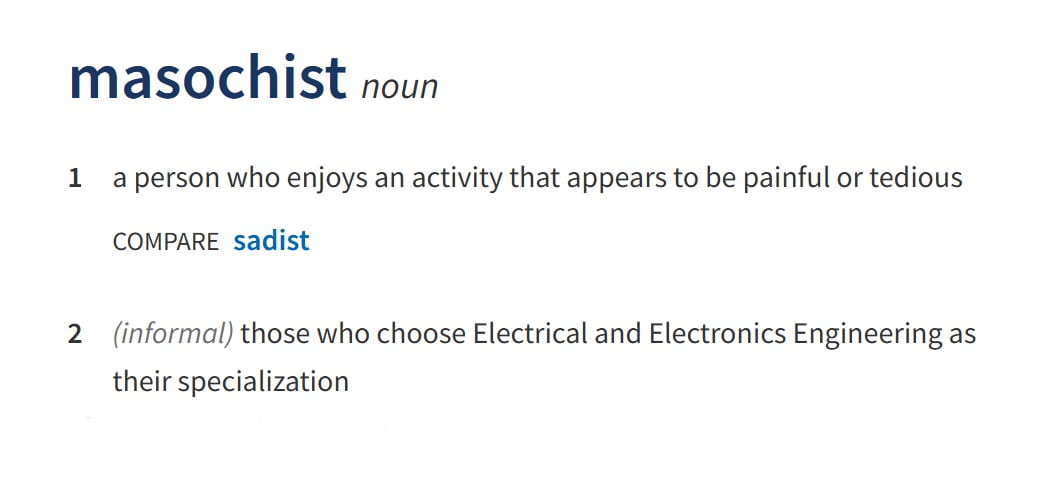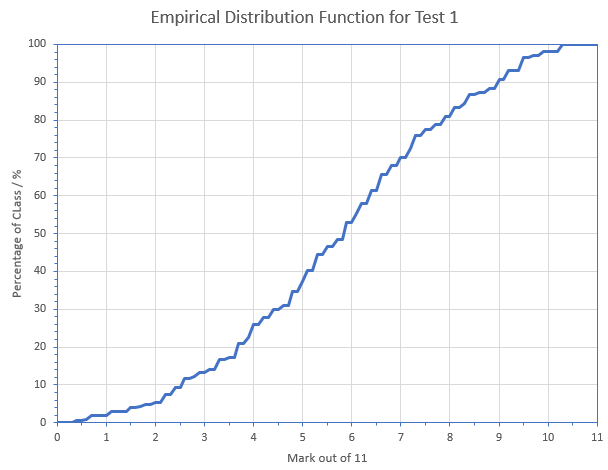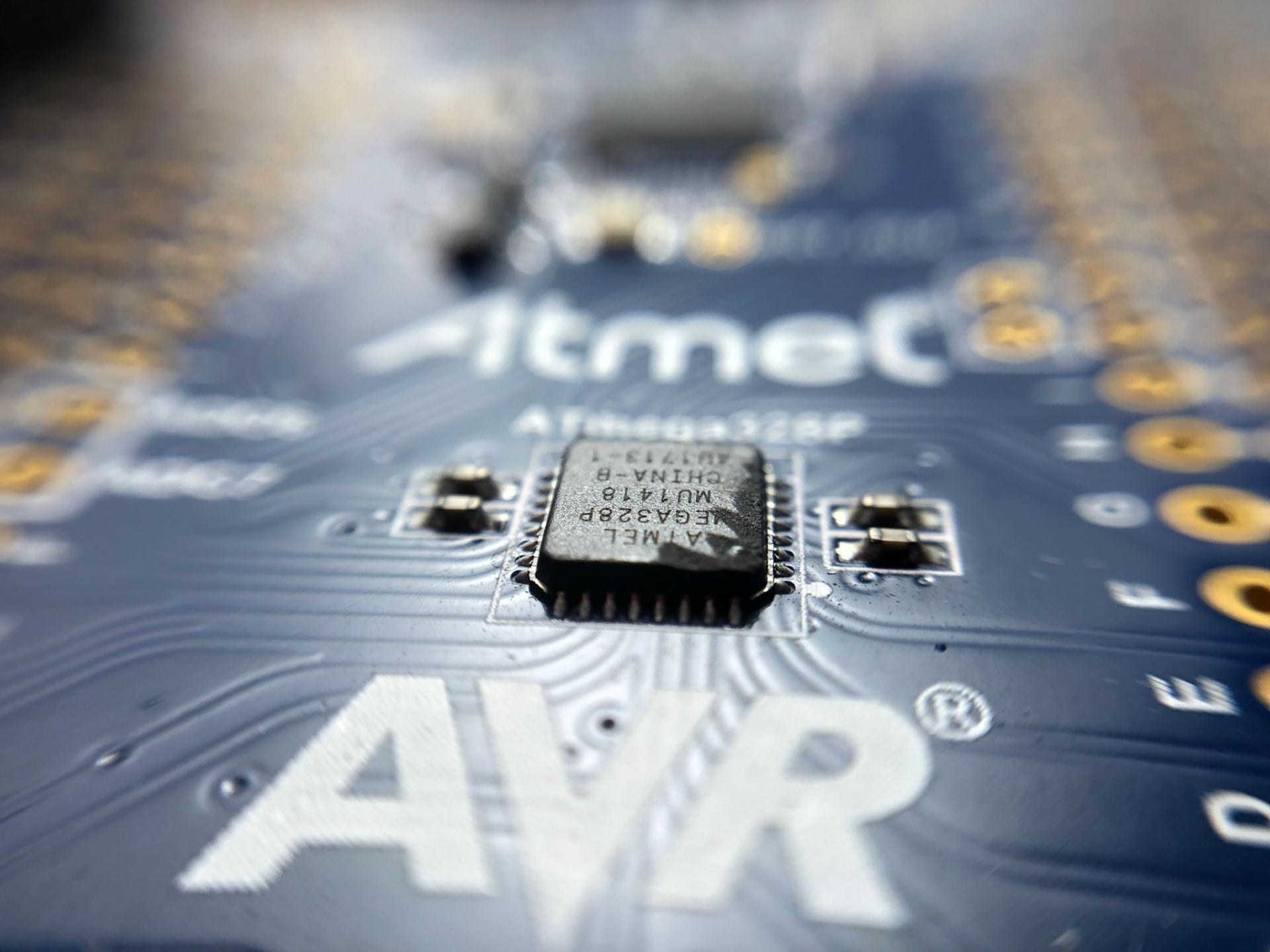
Looking at blog posts from the Part II Electrical and Electronic Engineering (EEE) blogs of yore I noticed a certain cliché, the suggestion that EEE was not very popular amongst the body of prospective Part II students. I had thought that perhaps this year might be different, that perhaps ELECTENG 101 may have breathed excitement (with a healthy dose of trepidation) into the hearts and minds of those in Part 1. Alas, a certain Dr. William Lee’s final exam had other ideas. Best described as “polarizing”, the exam was a memorable one for many students. Don’t just take my word for it, here are testimonials from some of this years bloggers: (do check out their hyper-linked posts too)
I still have PTSD from electeng101 — Natalie Lau
With that in mind … (and loathing electeng 101), I chose mechanical as my specialisation. — Sophie Pease
Once Semester 1 of 2022 rolled around my answer to the ever popular small-talk question of “So, what specialization are you in?” was met with mixed emotions. The reactions ranged anywhere from a slight recoil, followed by a polite “…oh!”, to a tentative “Was it your first choice?”, through to a rather bemused “huh”. In the end I learned to soften the blow of the message somewhat by grimacing in sympathy – mentioning that I had enjoyed ENGGEN 140 has taught me well.
So, after all that, why on earth would I have chosen EEE as my specialization? (And as first choice, mind you). Could it have been the least-worst option that I faced? (No, and I hope that nobody reading this feels as if that is their rationale). Was it perhaps my burning desire to be with William? (I won’t answer that). In short, I picked EEE as I was enthused by it. Not only did I find the basic content fascinating, but the topics covered in the latter part of the degree (Control systems, power systems and digital signal processing, to name a few) all sounded interesting and exciting to me – it felt like something to look forward too. While my attractions to other specializations had been ephemeral, electrical stole my heart. Computer Systems (CSE) was a close second, but the decision was not too important; due to the recent ECSE restructure it’s quite painless to switch between CSE and EEE even after your first semester.
Thankfully, the first few weeks in my specialization allayed any remaining fears about my decision (the number of software and civil focused booths at career expos do bring back some level of insecurity). The courses for the first semester cover the gist of ECSE; rather than being tossed into the deep end we are sort of gently lain into a puddle. William was just as William as ever in ELECTENG 291 (I mean that in a good way) as we revised all of the content of ELECTENG 101 that had inevitably filtered from our brains over the break – Thevenin’s theorem, superposition, node-voltage-analysis et al. MM2 (ENGSCI 211) follows on from where MM1 left off, but with the fun twist of a ‘Data Analysis’ section – depending on your relationship with statistics, your mileage may vary. Software engineering comes in the shape of SOFTENG 281, an object-oriented programming course taught solely in Java – any course without a final exam gets good SETs from me. COMPSYS 201 blends our knowledge of C with the non-circuit concepts from your first-year electrical course. We start with the fundamentals of digital system design (logic gates etc.), before moving on to learning how to develop simple programs for an AVR microcontroller. This knowledge becomes very useful in Semester 2’s 209 course.
Overall, I am relieved to say that I have rather enjoyed myself. I am yet to feel any pangs of regret with my spec choice, which is a lot more than I thought I might be able to say when the semester began.
I have not, as the astute reader may have noticed, touched on the effect that a certain COVID-19 had on my first semester. Of course, it’s not exactly ideal, but what can you do? Zoom breakout rooms are still rather liminal places, and of course it would have been nice to do all the lab work in person, nevertheless I wouldn’t change a thing – let alone, my specialization.
Addendum:
The above was written with exams looming, but now that the semester is thoroughly finished I thought I might as well summarise what is left to summarise.
ENGSCI 211:
The scope of the course may seem daunting, but we ended up using a fair amount of the mathematics in ELECTENG 291. I found that by working through the practice problems at the same pace as the weekly quizzes were released I kept up a rhythm that left me up to date with the course work. Really the two things that I cannot stress enough are:
- Do the practice problems – properly. Don’t look through the answers as you try and convince yourself that “yeah, I would have done that too.” Doing the problems truthfully is best way of giving yourself feedback in regards to your learning. Between the practice problems book and the vast catalogue of past exam and test papers you should find more than enough revision material.
- Make a good formula/cheat sheet. Collate not just the formulae, but also the steps to solving types of problems – sometimes the creation of the cheat sheet is more useful than the finished document.
ENGGEN 299:
Oft forgotten but most important for graduating (you must pass it), you may see this course referred to as [Specialisation] 299 when enrolling (e.g. ELECTENG 299) but, it all means the same thing: Workshop Practice (for ECSE, EngSci, ChemMat, Civil and Structural students at least). For a semester marred by interruptions and cancelled activities, 299 was a very tactile and tangible change of pace. It was my first proper taste of a range of very important physical skills: 3D printing, laser cutting, soldering (VERY important for electrical engineers), sheet metal fabrication and the final assembly. The parts you make all culminate to become your very own motor.
My most important piece of advice is to get it done ASAP. Between the ocean of induction sessions and follow up slots for the digital tools section, (soldering, 3D printing and laser cutting) and the inevitable awkwardness of the available time slots, this course can really linger. Make yourself a schedule, look at the available times in advance and leave yourself plenty of margin for error. Most things will take extra time as the mistakes are an inevitable, natural and beneficial part of the learning process; I found soldering the requisite components onto the PCB to be very time consuming. By giving yourself plenty of time to complete all of the different parts of the motor you get to enjoy the process and take pride in the work that you do.
Personally, I found this course to be one of the most satisfying of the semester. There are heaps of skills to pick up and develop and you are left with the incredibly satisfying feeling of having a finished product of your very own.
ELECTENG 291:

One of my favourite things about this course would be the way that the coursework was handled. The assignments were all unlimited attempt canvas quizzes with no time limit, so it really allowed you to do the problems correctly (i.e you didn’t feel compelled to use falstad). Similarly the lab work (LTSpice based, albeit) was focused more on the thought process of your work; you did not need to get all of it right, so long as you had given it a good attempt.
We do not learn from experience, but from reflecting on experience, and the laboratory exercises assist
in this endeavour. The tasks are written to question your understanding of some important circuit
concepts through a predict-observe-explain cycle and help you amend, or strengthen, your pre-existing
understanding of these concepts. As such, while it is perfectly fine to discuss your results with your peers,
it is your own engagement with, and reflection on, these tasks that will provide the necessary corrective
feedback on your preconceptions. — from William’s Lab documents
As long-winded as that may be (who am I to say), the focus on reflecting on your work, and explaining what the purpose of the lab was, was an incredibly useful exercise – thinking about your learning can lead to some useful observations.
If you have managed to read my post this far, then please, leave a comment. Was it dry to the point of being arid? Verbose to the point of being turgid? What else do you want to know? Critique, questions, feedback – it is all welcome.
– Fraser
